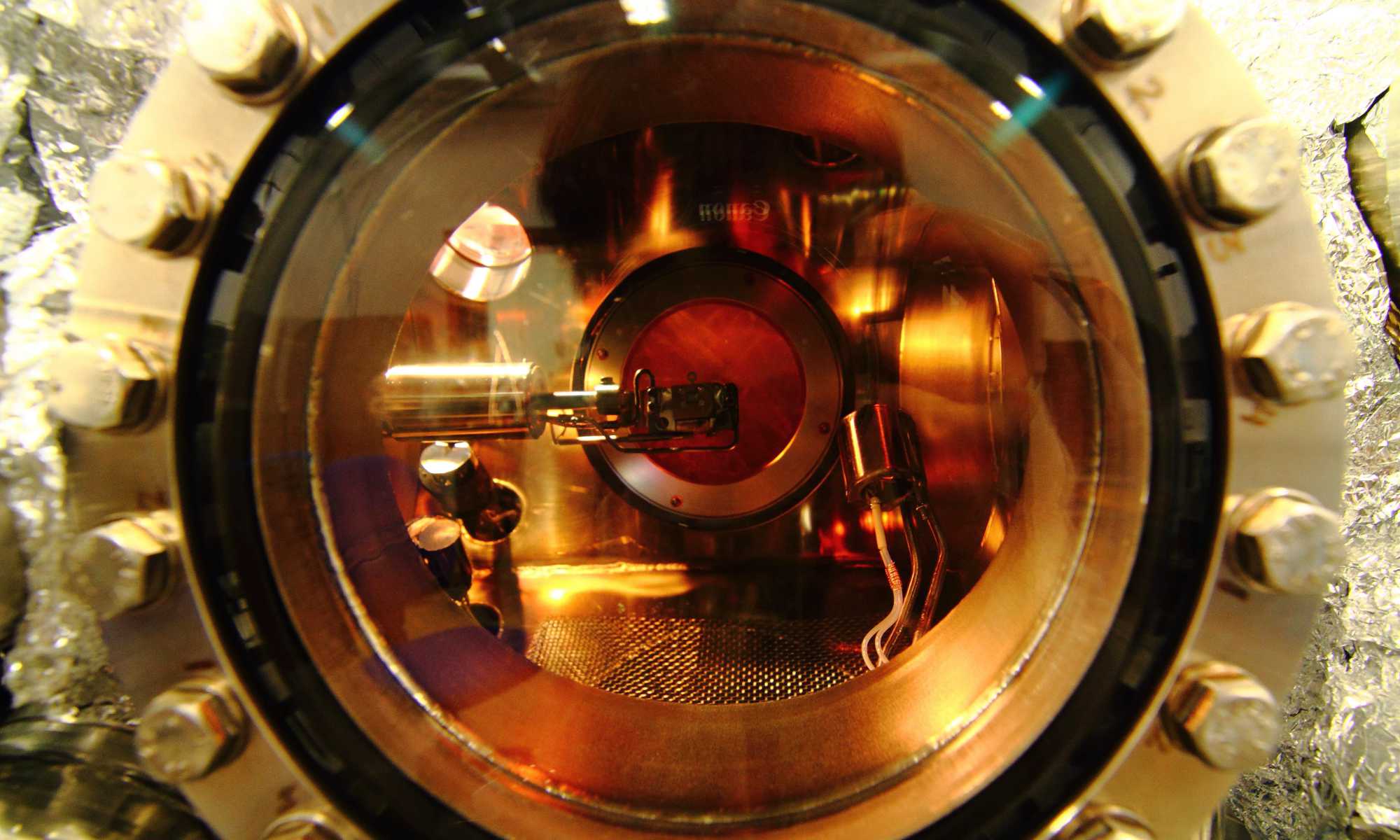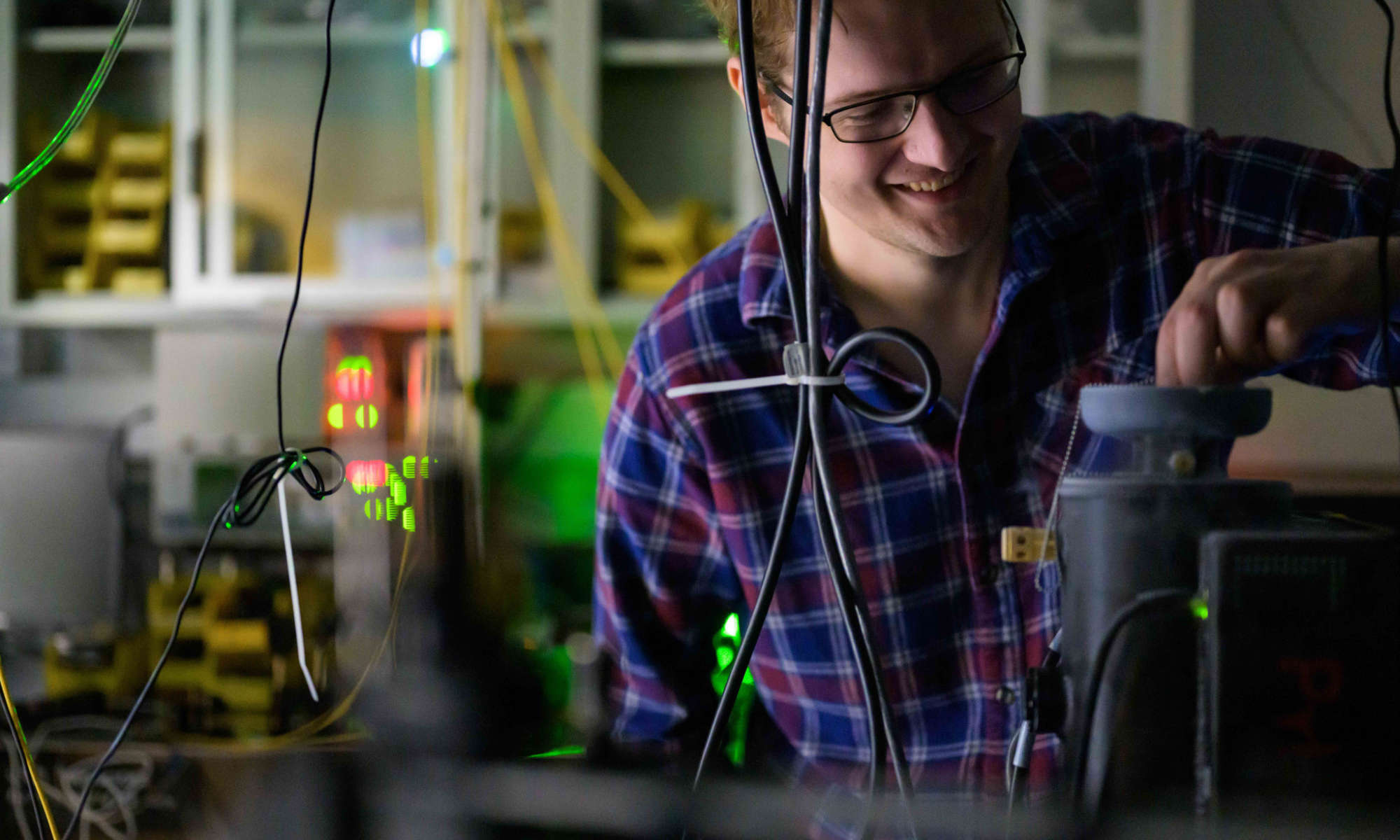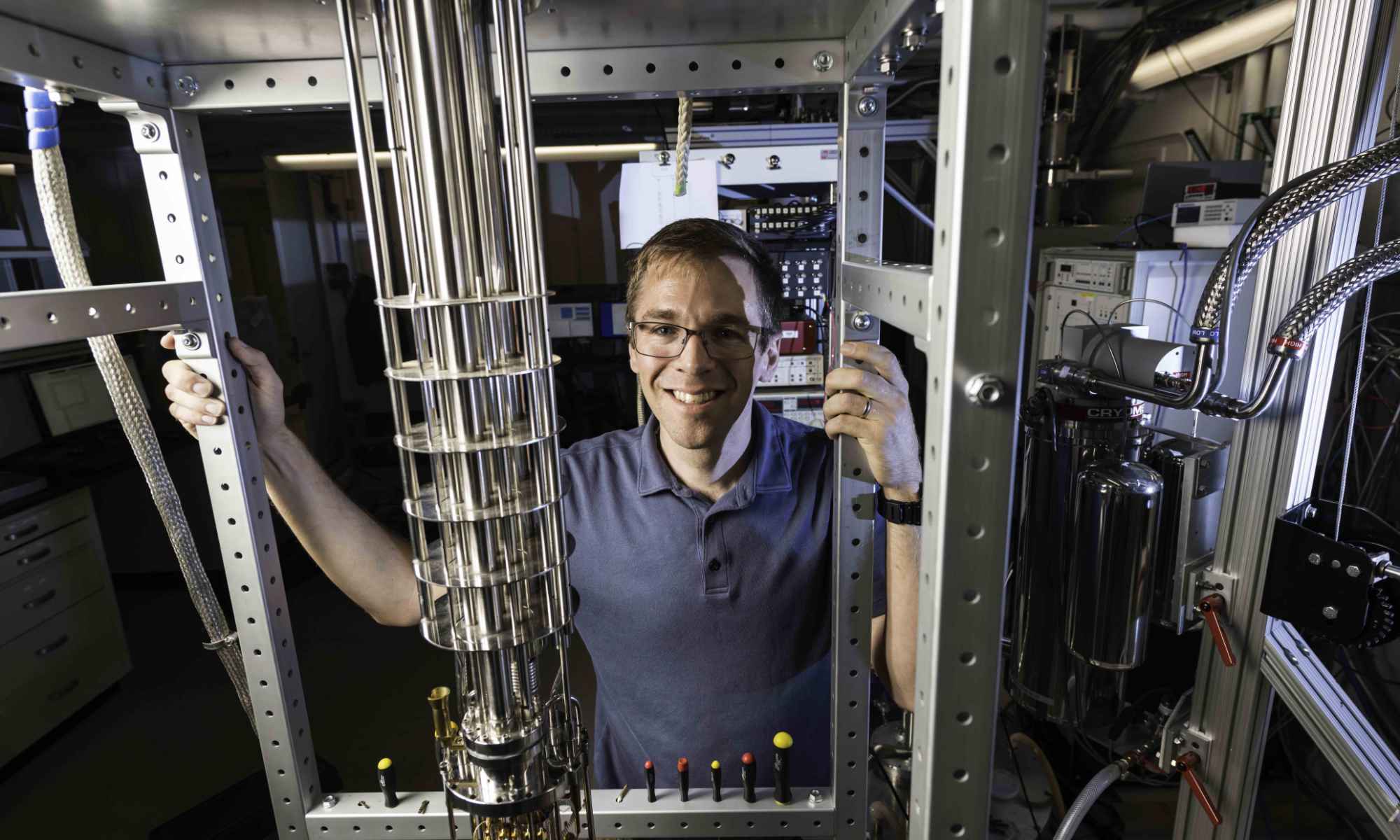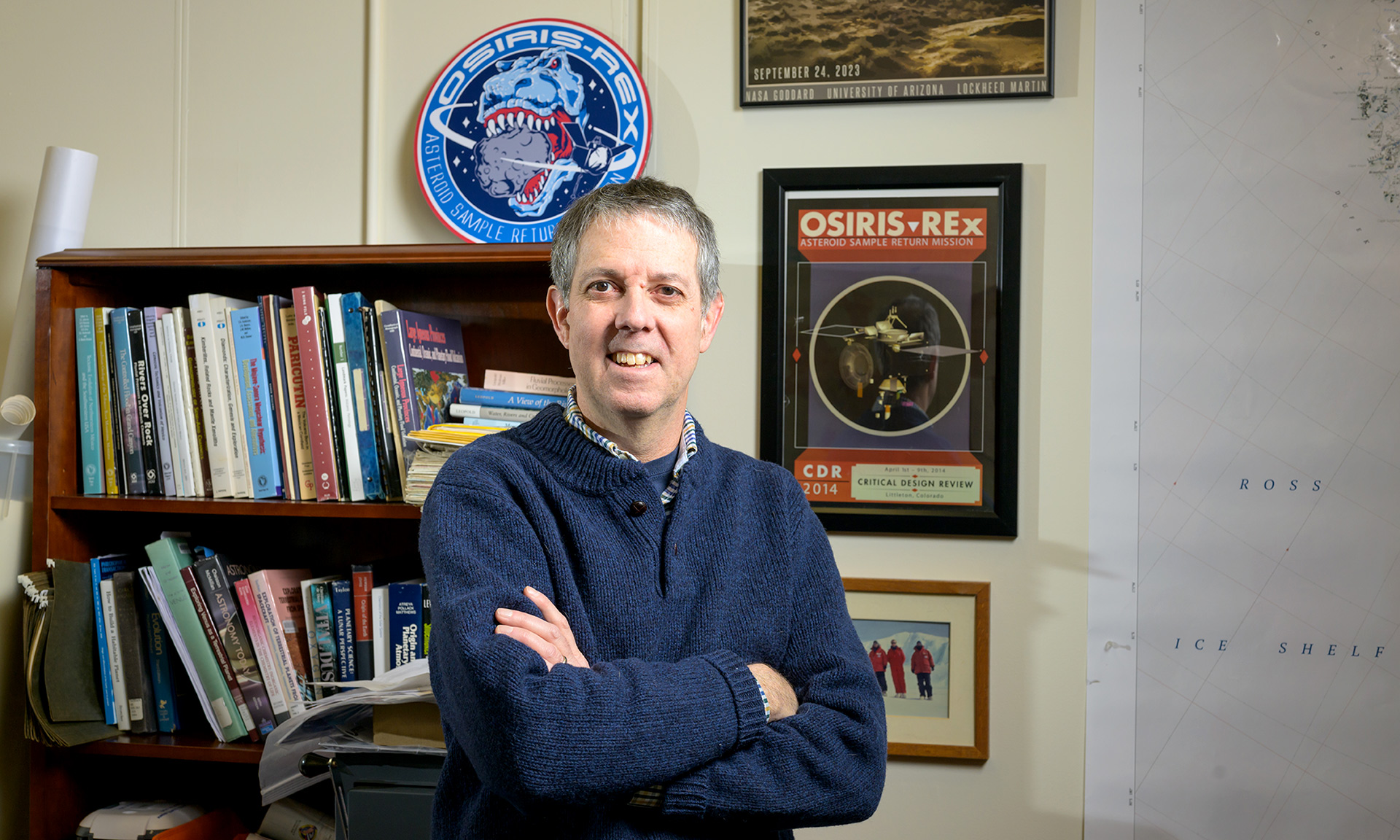
New molecule could pave the way for more efficient computers
A team of scientists has developed the “world’s most electrically conductive organic molecule.”

Text-to-video AI blossoms with new metamorphic video capabilities
Using time-lapse videos as training data, computer scientists have developed video generators that simulate the physical world more accurately.

Twisting atomically thin materials could advance quantum computers
Placing two layers of special 2D materials together and turning them at large angles creates artificial atoms with intriguing optical properties.

3 ways to reduce child sexual abuse rates
A new study finds that local, community-wide education efforts can drastically lower incidence of sexual abuse of children.

Scientists directly prove the existence of a nuclear-spin dark state
Confirmation of this elusive state in quantum systems could lead to more efficient quantum devices.

New technology could quash QR code phishing attacks
The improved QR code format would let smartphone users know if they’re heading to a secure website—or wading into a potential ‘quishing’ scam.

How does the atmosphere affect ocean weather?
A new Rochester study upends previous assumptions about how surface winds and ocean weather patterns interact.

Rochester’s Kevin Righter kept NASA space rocks free from contamination
Precise curation was necessary to discover that the Bennu asteroid sample contains building blocks of life on Earth.

The truth may hurt. But for couples, it’s worth it.
In a new study of more than 200 couples, a team of Rochester psychologists reveals the truth about honesty in answering tough relationship questions.

How Neanderthal DNA influenced human survival
New research provides an updated timeline of human-Neanderthal interactions, revealing patterns in the genetic legacy of this ancient exchange.
